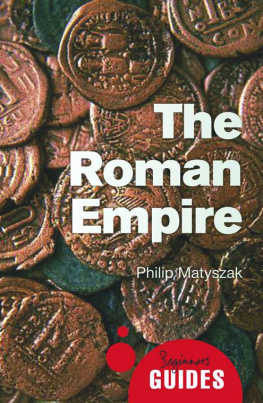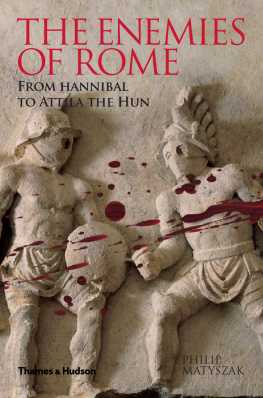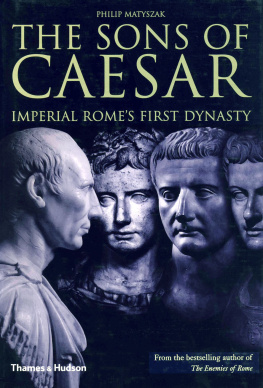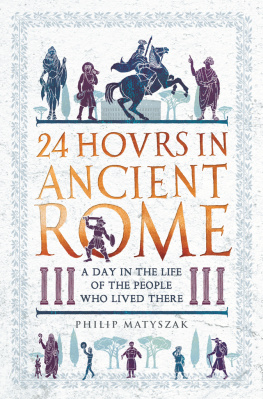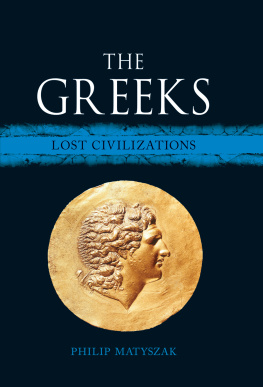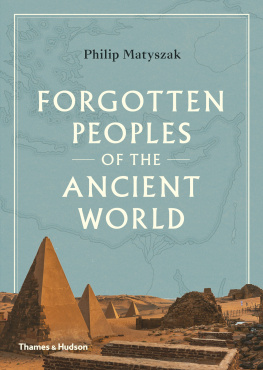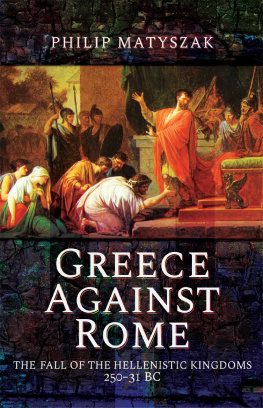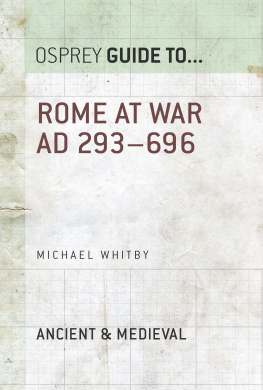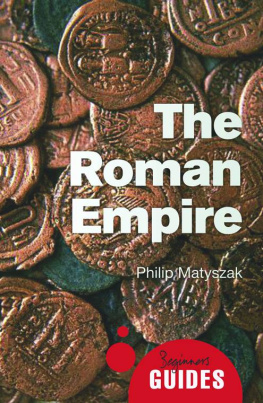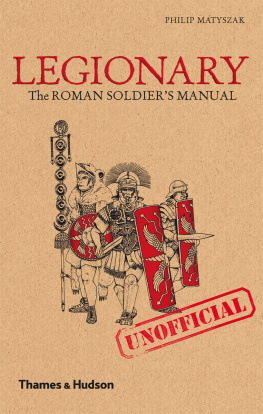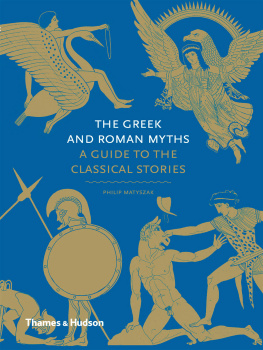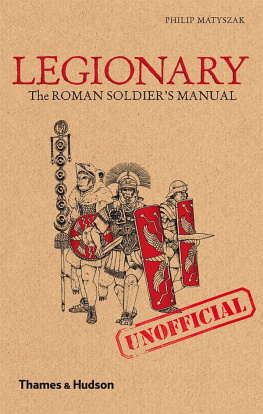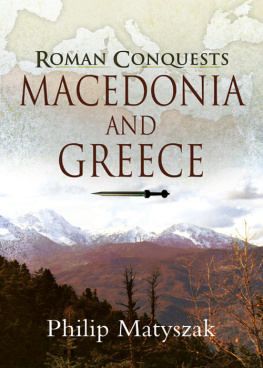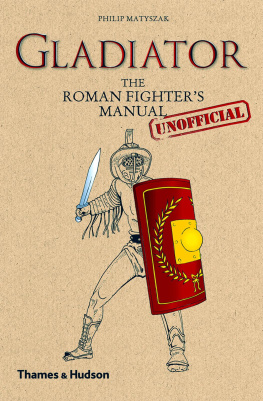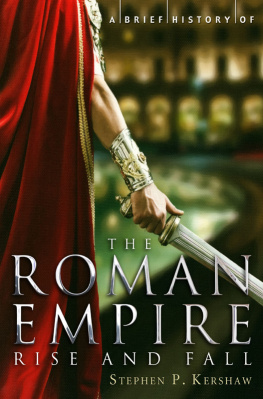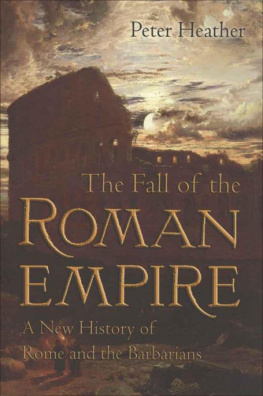



A Oneworld Paperback Original
Published in North America, Great Britain and Australia by Oneworld Publications 2014
Copyright Philip Matyszak 2014
The right of Philip Matyszak to be identified as the Author of this work has been asserted by him in accordance with the Copyright, Designs and Patents Act 1988
All rights reserved
Copyright under Berne Convention
A CIP record for this title is available
from the British Library
ISBN 978-1-78074-424-7
eISBN 978-1-78074-425-4
Typeset by Siliconchips Services Ltd, UK
Printed and bound by
Norhaven A/S, Denmark
Oneworld Publications
10 Bloomsbury Street
London WC1B 3SR
England
Stay up to date with the latest books, special offers, and exclusive content from Oneworld with our monthly newsletter
Sign up on our website
www.oneworld-publications.com
Contents

In 612 BCE, a great empire came to an end. At its height the Assyrian Empire had dominated Asia Minor, ruled Egypt and established provinces deep in what is today Iran. Yet its end was dramatic and bloody. A confederation of subject peoples, led by the city-state of Babylon, fell upon Nineveh, Assyrias capital city. When Nineveh fell, the empires vengeful former vassals took the city apart brick by brick and massacred the inhabitants. Assyrias empire was snuffed out and Nineveh lay abandoned and desolate for centuries.
The Assyrians, as had all conquerors before them, had made a clear distinction between conquerors and conquered: the conquered served the conquerors and existed on their sufferance. At the time no one paid much attention to an almost unprecedented development far away on the barbaric western fringe of the known world. The small city-state of Rome, founded some 150 years before Ninevehs fall, chose a radical new approach. Rome had a desperate shortage of manpower and an abundance of enemies, so the little state (only about forty kilometres across at the time) either had to attempt innovative measures or be overwhelmed by the more numerous, and highly predatory, cities and tribes of central Italy.
Romes response was typically pragmatic: if Rome lacked resources, the solution was to have more Rome. The city became aggressively expansionist. While Assyria was being demolished by subjects who were not Assyrian and had never felt Assyrian, Roman tradition tells us that King Tarquin the Elder was conquering the people of Apiolae. (Conquest of the cities of Camerina, Corniculum and Nomentum soon followed.) However, Tarquin made the conquered people not Roman subjects but Roman citizens . Rome had made a conceptual breakthrough: the citizens of a city need not live in that city. They could live hundreds of kilometres away, be active in the affairs of a city that they and their families regarded as home, yet still be Roman citizens. In time, these new Roman citizens became the equals of their conqueror; not merely loyal subjects but as Roman in thought and deed as anyone born on Romes seven hills.
As Rome expanded to become an Italian and then a Mediterranean power, the innate conservatism of later Romans meant that they were slow to abandon the policies of their ancestors. More and more conquered peoples were absorbed into the Roman state as Romans. The city of Arpinum, in Latium, was captured by Rome in 305 BCE and its inhabitants immediately made citizens, although not given the vote. (Full suffrage was granted in 188 BCE.) Caius Marius, a native of Arpinum, became consul of Rome several times over and led Roman armies to victory in Africa and Gaul. In 63 BCE, another Arpinate, Marcus Tullius Cicero, became consul of Rome, never thinking of himself as anything but a fully Roman citizen.
By the time of the first Roman emperors, conquest by absorption had become an explicit doctrine. The historian Tacitus (in Annals 11.24) records this speech made by the emperor Claudius in 48 CE:
What ruined Sparta and Athens, but this? They were mighty in war, but they rejected as aliens those whom they had conquered. Totally different was our father Romulus, who in his wisdom fought [the people of] several nations as enemies and then greeted them as fellow-citizens, all on the same day. We have been ruled by foreigners. The sons of freed slaves have been trusted with public office. And do not think this is something new in our time - it was common practice of old... Now they are united with us in culture, education and intermarriage, let them bring us their gold and their wealth rather than enjoying it by themselves.
The Mediterranean world became a vast social experiment. From the Thames to the Tigris, peoples, who a few generations before had been only vaguely aware of each others existence, were now united as members of a single empire. Over the next five hundred years these peoples came together in religion, language and culture to form a society that largely still exists today. Westerners find Rome in their vocabulary (such as in the word romance), in the architecture of their civic buildings and in the political and legal structures that govern their daily lives.
The contrast with Assyria could not be more dramatic. When the Roman Empire in the west collapsed in the fifth century CE, the peoples of the Greek east did not join in the assault on Rome, nor did they wish to eradicate the empire. They had no interest in throwing off the shackles of Roman oppression, because they had become Romans. The emperor in the Greek east still consulted his senate, chariots continued to race in the circus and the laws of Rome remained the law of the land. For another thousand years, Romes empire lived on among the peoples the city had conquered.
How this came to be is the story told in this book. The story of how one kind of Roman empire, an empire ruled by Romans, became a completely different kind of Roman empire: an empire of Romans. This story focuses not on the city of Rome, not on the antics of the imperial court, nor even on the many wars which Rome fought with neighbouring states. Instead, its emphasis lies on the provinces which made up the empire. There, a slow sea-change took sullen, conquered peoples and made them contributors to and partners in a civilisation so dynamic and vibrant that it survived the collapse of Roman military and civic power to become the foundation of the Europe we know today.
Rome in the Republic: an empire without an emperor
Rome conquered most of the lands that made up its empire while the state was still a republic. Almost from the time it was founded, the Roman state began absorbing neighbouring peoples and cities. As Rome grew stronger, more resources became available for military operations and the pace of conquest accelerated. During the later years of the Republic it was not unusual for several kingdoms to fall under Roman control in a single year. Though there were substantial additions in the imperial period, it is fair to say that by the time Augustus became Romes first emperor, much of Romes empire was largely in place. Under Augustus, the limits of Roman power lay at the waters of the Euphrates River in the east and at the beaches of Gaul in the west.
Next page
